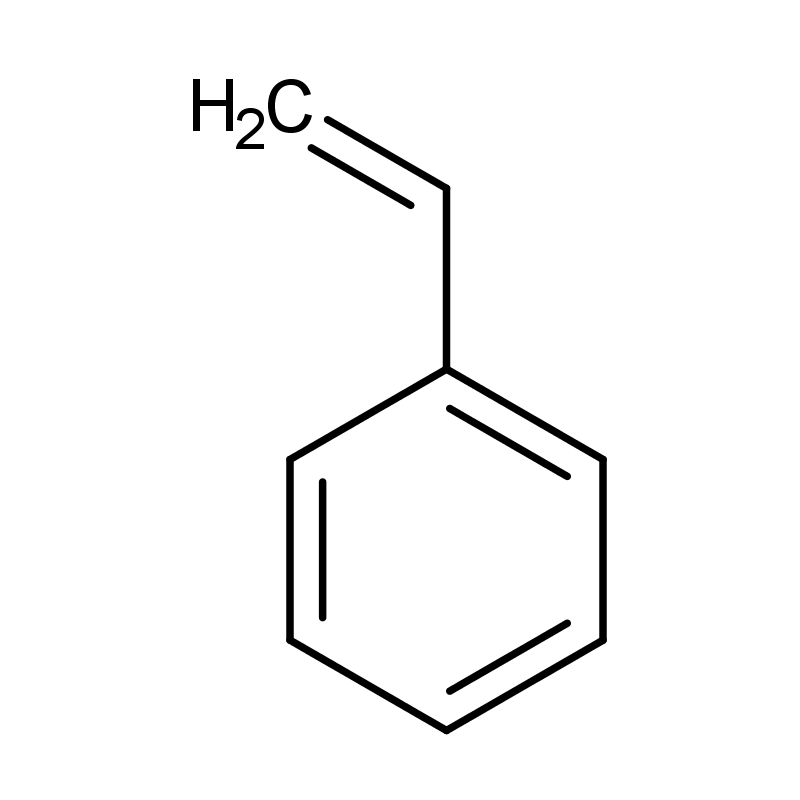-
Categories
-
Pharmaceutical Intermediates
-
Active Pharmaceutical Ingredients
-
Food Additives
- Industrial Coatings
- Agrochemicals
- Dyes and Pigments
- Surfactant
- Flavors and Fragrances
- Chemical Reagents
- Catalyst and Auxiliary
- Natural Products
- Inorganic Chemistry
-
Organic Chemistry
-
Biochemical Engineering
- Analytical Chemistry
-
Cosmetic Ingredient
- Water Treatment Chemical
-
Pharmaceutical Intermediates
Promotion
ECHEMI Mall
Wholesale
Weekly Price
Exhibition
News
-
Trade Service
Recently, Australian MP Trevor Evans revealed on social media that the Australian House of Representatives has passed the Recycling And Waste Reduction Bill 2020 (Recycling And Waste Reduction Bill 2020)
.
Next, the bill will enter the Senate for consideration
.
MP Evans commented that this is a great milestone for our environment, an important next step for Australia, Australia's first recycling law! The new law will also be the driving force for a series of new recycling schemes a catalyst to manage how products are designed and disposed of at the end of their life cycle (called product stewardship)
Through Turbo Product Stewardship, Australian consumers will be able to more easily recycle thousands of products that currently end up in landfills
.
The ban on plastics is the trend of the times and cannot be taken
The ban on plastics is the trend of the times and cannot be taken
The ban on plastics is the trend of the times and cannot be taken
The ban on plastics is the trend of the times and cannot be taken
The ban on plastics is the trend of the times and cannot be taken
The ban on plastics is the trend of the times and cannot be taken
The ban on plastics is the trend of the times and cannot be taken
The ban on plastics is the trend of the times and cannot be taken
The ban on plastics is the general trend, and it must not be taken as the general trend.Canada: Environment Minister Jonathan Wilkinson announced in Gatineau (part of the Capital Special Administrative Region) on October 7, local time, that the federal government will ban single-use plastic products in 2021, including plastic food bags, Six items, including plastic straws, plastic stirring rods, six-hole plastic packaging, plastic cutlery and forks, and hard-to-recycle plastic lunch boxes, will not be sold, offered or used
.
UK: Environment Secretary George Eustice announced on October 1 that the UK will ban the use of single-use plastic straws, stirrers and cotton swabs, making it illegal for businesses to sell such items
.
EU: From January 2021, the EU will levy a plastic tax based on the amount of plastic not properly recycled in EU member states
.
Design for recyclability is the only answer to the problem
Design for recyclability is the only answer to the problem
Design for recyclability is the only answer to the problem
Design for recyclability is the only answer to the problem
Design for recyclability is the only answer to the problem
Design for recyclability is the only answer to the problem
Design for recyclability is the only answer to the problem
Design for recyclability is the only answer to the problem
Design for recyclability The only answer to the problem The only answer to the problemIn recent years, many countries around the world have actively launched "plastic ban orders" in line with local conditions, and policies have been continuously increased.
In order to meet local environmental protection requirements, many brand enterprises have increasingly begun to explore alternatives to traditional plastics, and Make a commitment to use a certain percentage of recycled plastic in products, replace ordinary plastic with degradable plastic,
etc.
If the recyclability of the product can be considered from the very beginning of the product design, and the recyclability design of the product can be realized, this will be the best way to solve the plastic pollution under the current predicament and realize the recycling and reuse of resources
.
my country is ushering in the best situation of plastic pollution control, and the construction of plastic recycling system is the only way:
First, policy requirements
.
The determination and actions of the Chinese government to solve plastic pollution and achieve sustainable development cannot be changed.
In 2020, the "acceleration button" of plastic pollution control has been pressed
.
Second , the plastic recycling system has been implemented in Europe, the United States, Japan, etc.
It is an inevitable way to deal with plastic pollutants, and a basic consensus has been formed
.
Third, in order to respond to global trends and national policy requirements, the consumer goods industry urgently needs to change to realize the recyclability of plastic packaging, so as not to be surpassed by competitors and eliminated by the industry
.
Fourth, global well-known brands have made commitments and taken actions under the traction of social responsibility and public opinion pressure, which will also prompt relevant Chinese enterprises to make corresponding changes
.
Fifth, the circulation industry is also paying attention to the sustainable development of plastics, and designing for recyclability may be a necessary condition for entering the market
.
At present, domestic recyclable design is involved in the category of green design and ecological design, but there is no systematic development, and it is basically in a blank state in practice.
The difficulty is indeed not small, but it must be acted as soon as possible.
Relevant government departments introduced mandatory policies to lay the foundation
.
Objectively speaking, advancing the design of plastics for recyclability is a systematic project that requires the participation of the entire supply chain
.
At present, the most important thing is to build a pre-consumer recyclable application system, so that the recyclability design of plastic products can be implemented
.







